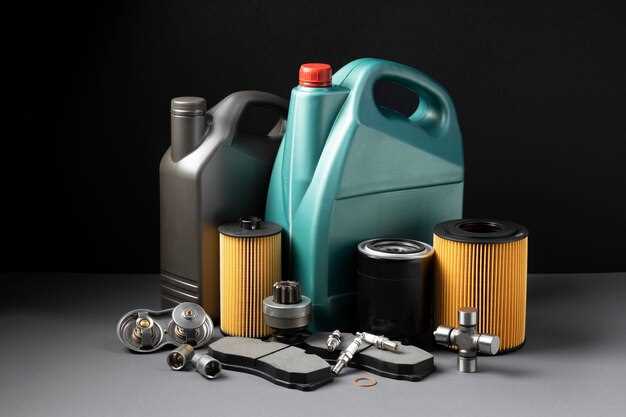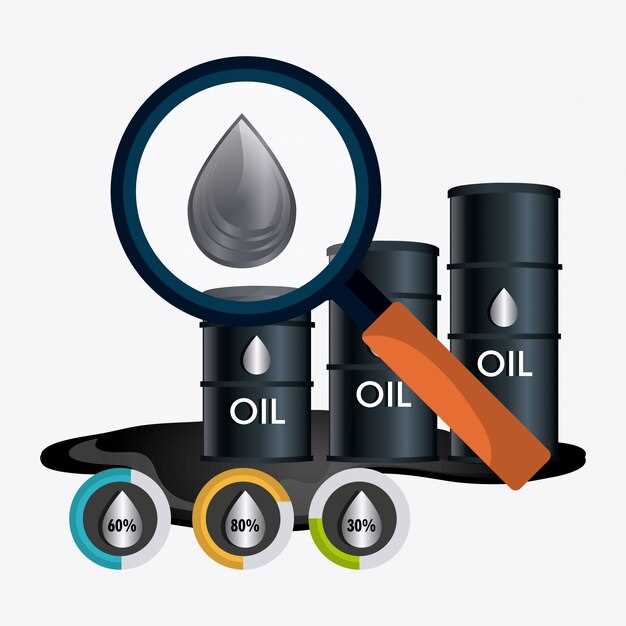Key differences between petrol and diesel car maintenance

When it comes to car ownership, understanding the intricacies of fuel types is crucial for effective maintenance. Petrol and diesel engines operate differently, and these differences significantly impact the upkeep requirements of each vehicle. Knowing these distinctions can help car owners make informed decisions about which type of engine suits their lifestyle and maintenance preferences.
One of the primary contrasts between petrol and diesel cars lies in their engine design and operational efficiency. Diesel engines, for example, tend to have a more robust construction due to the higher compression ratios they operate at. This sturdiness often leads to longer service intervals, but it can also mean specific maintenance tasks, such as replacing fuel filters or checking turbochargers, are more crucial than in petrol vehicles. Consequently, owners must be aware of how these factors influence overall maintenance costs and frequency.
Conversely, petrol engines usually enjoy a simpler maintenance regime because they don’t experience the same level of strain as their diesel counterparts. However, they require regular checks on components such as spark plugs and ignition systems. Understanding the varying maintenance needs is vital for extending the lifespan of both types of vehicles while optimizing their performance and fuel efficiency.
Routine Oil Change Frequency for Petrol and Diesel Engines

The maintenance of any vehicle is crucial for its longevity, and one of the most important aspects is regular oil changes. The frequency of these changes, however, varies significantly between petrol and diesel engines due to their inherent differences in operation and design.
For petrol engines, routine oil changes are generally recommended every 5,000 to 7,500 miles, or approximately every 6 months, depending on the manufacturer’s guidelines and driving conditions. The lighter composition of petrol engine oil often leads to faster depletion of essential additives, necessitating more frequent changes to ensure optimal performance and protection.
In contrast, diesel engines have different characteristics that allow for longer intervals between oil changes. Typically, it is advisable to change the oil every 7,500 to 10,000 miles or every 12 months. Diesel oil is usually thicker and contains higher levels of detergents and additives, which help it withstand longer usage periods before its properties degrade.
It’s important to consider the type of fuel used in the engine, as well as driving habits and environmental conditions. Vehicles that frequently operate in harsh conditions or those that are driven aggressively may require oil changes more often, regardless of whether they are petrol or diesel. Always consult the owner’s manual for specific recommendations tailored to your vehicle’s needs.
Understanding Fuel System Maintenance for Petrol vs Diesel Vehicles
Fuel system maintenance is a critical aspect of vehicle upkeep, particularly when comparing petrol and diesel engines. Both types of engines have distinct fuel systems with different maintenance requirements.
In petrol vehicles, the fuel system comprises components such as the fuel pump, fuel injectors, and fuel filter. Regular maintenance typically involves replacing the fuel filter every 20,000 to 30,000 miles to ensure clean fuel delivery and prevent clogging of the injectors. Keeping the fuel system clean by using quality fuels and occasional fuel system cleaners can enhance performance and longevity.
Diesel engines, on the other hand, feature a more complex fuel system that includes high-pressure fuel pumps and common rail direct injection systems. Maintenance for diesel vehicles requires more attention due to the nature of diesel fuel, which can lead to injector fouling and the buildup of deposits. It is crucial to replace the fuel filter more frequently, often every 15,000 miles, and to monitor the diesel fuel quality to avoid issues related to water contamination and microbial growth.
Additionally, diesel engines may require periodic cleaning of the fuel system components to prevent performance degradation, unlike petrol engines where such cleaning may be less frequent. Understanding these differences in fuel system maintenance helps vehicle owners ensure optimal performance and prolong the lifespan of their engines.
Tire and Brake Wear: How Fuel Type Affects Maintenance Needs

The type of fuel used in a vehicle significantly influences its maintenance requirements, particularly concerning tire and brake wear. Petrol and diesel engines exhibit different characteristics that affect driving behavior and, consequently, the rate at which tires and brakes are worn.
Petrol vehicles typically provide a higher RPM range and a more responsive acceleration. This entails more frequent braking and rapid changes in speed, leading to quicker deterioration of brake pads and tires. Drivers of petrol cars may find themselves replacing these components more often, especially if they engage in spirited driving or urban commuting where stop-and-go scenarios are common.
On the other hand, diesel vehicles usually deliver more torque at lower RPMs. This characteristic allows for smoother acceleration, which can result in less abrupt braking and a more consistent driving experience. Consequently, diesel cars often experience slower tire wear and longer-lasting brake pads. The nature of diesel driving tends to be more efficient, particularly during long-distance travel, which contributes to extended maintenance intervals for tires and brakes.
Additionally, the weight difference between petrol and diesel engines affects not only fuel efficiency but also the wear rate on these components. Diesel engines are generally heavier due to their robust construction, which can increase the stress on tires. However, the steadier driving style associated with diesel vehicles may mitigate this weight disadvantage, balancing out the overall impact on maintenance needs.
Understanding these differences helps owners of petrol and diesel vehicles plan their maintenance schedules effectively. Regular inspections and timely replacements of tires and brake components are crucial, taking into account how fuel type influences wear patterns and driving habits. This proactive maintenance approach ensures safety and optimal vehicle performance over time.

